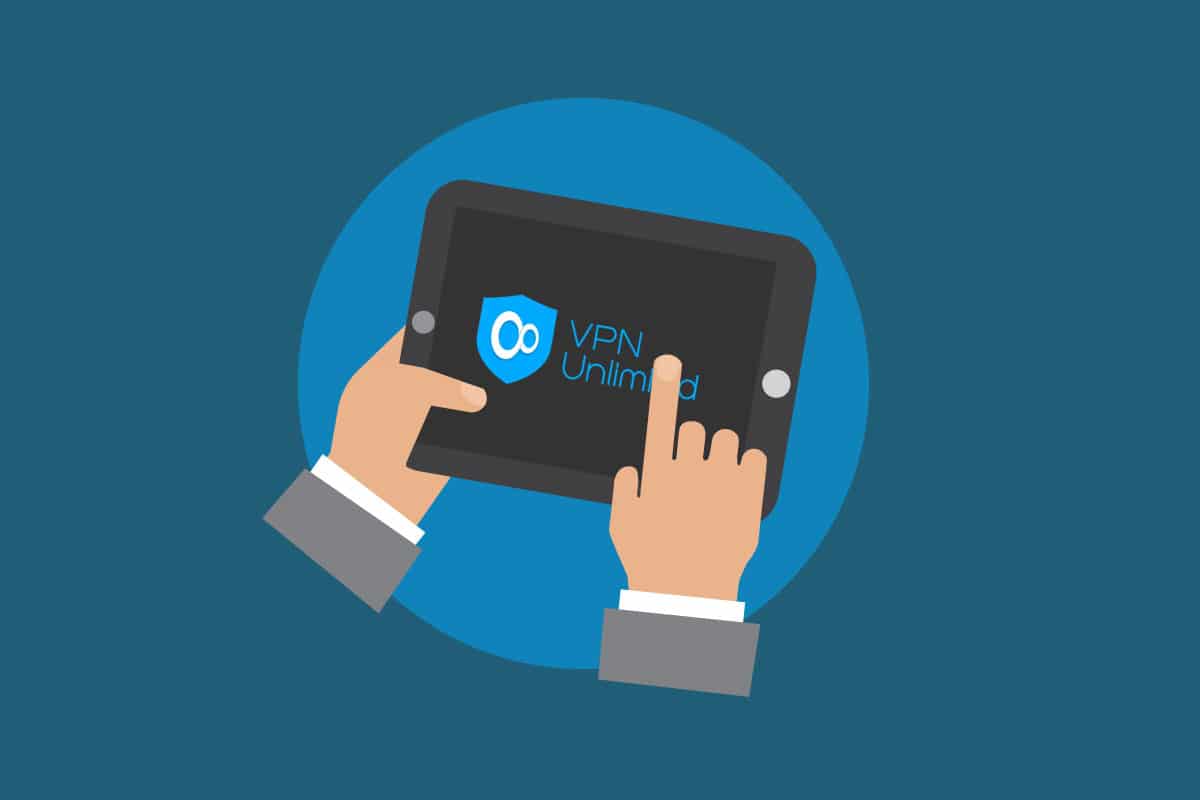382
A VPN is a logically closed network. Spatially separated participants are connected to each other via an IP tunnel. Learn more here.
VPN connection explained simply
With a “virtual private network”, or VPN for short, you can access your private or local network while on the move. This can be very useful both privately and professionally.
- To do this, you need VPN software that both communicates with the network’s router and is installed on the computer you want to use to access the network.
- A small application example: You are on a business trip and want to access the company network to retrieve a presentation there. You establish a connection to the Internet and then dial into the VPN network using the software. Now you can work as if you were in the office, although you are hundreds of kilometres away.
- Advantages: A VPN connection allows you to use all the services that can only be used in your private or professional network. Especially in companies, there are often programmes that can only be used in the intranet. You can then also access these from outside. In addition, you have access to all locally stored files. These do not have to be synchronised after your return.
Use VPN connection privately
- Not only for business use, VPNs are also beneficial for private use. The most common use of VPNs is to bypass geo-blocking systems
- If you want to use the American services of Netflix or HBO, for example, this is not possible in Germany. You can only access the services if you are also in the USA. With the help of VPN software, you can have your internet connection run through an American server. Consequently, Netflix and HBO recognise that you are opening the website via an American server and must therefore technically also be in the USA, access is granted.
- You will not be specifically connected to the local network of your office via VPN as in the first example, but to any network in the desired country. The various VPN providers operate different servers in numerous countries for this purpose.
Tip: Faster surfing thanks to a new router
Not only PC hardware but also routers are constantly evolving. Current top models often achieve dream speeds of 350 Mbit/s in practice. Nevertheless, the prices remain moderate: everything is available from 30 to 200 euros. You can find the best models at the moment in our best WLAN router list.
Technical background of a VPN
A virtual private network (VPN) provides a secure connection between a device and a remote network.
- Encryption: Encryption is an essential part of a VPN as it ensures the security and confidentiality of the transmitted data. When using a VPN, data is encrypted before it is sent over the internet. This prevents unauthorised persons from accessing or intercepting the information.
- By encrypting the data, users’ privacy is maintained as their information is protected during transmission. Even if someone intercepts the traffic, they cannot read or understand the encrypted data.
- VPN tunneling: VPN tunneling refers to the process of transferring data securely over the Internet from a device to the VPN server and vice versa. It is important to note that VPN tunneling is not the same as physical tunnels, but is a virtual connection.
- When a VPN tunnel is established, the user’s device authenticates itself to the VPN server. This is usually done by exchanging authentication information such as username and password. Once the authentication is successfully completed, a secure communication channel is established between the device and the VPN server.
